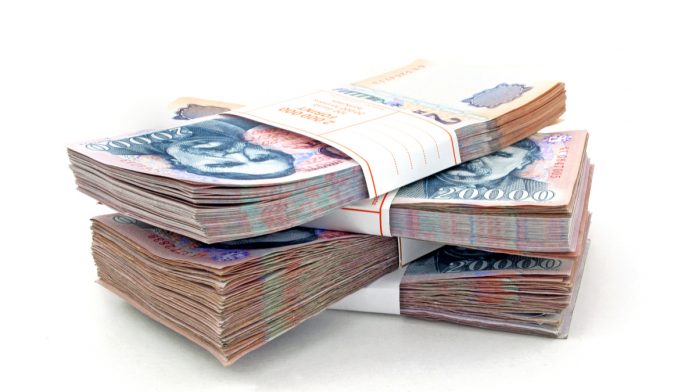The Hungarian Forint is pushing higher versus the US Dollar in early trade on Wednesday. The USD/HUF exchange rate is trading 0.5% lower on growing doubts about the US response to the coronavirus.
At 09:20 UTC, USD/HUF is -0.5% at 295.31, paring gains from the previous session. On Tuesday the pair closed the session +0.7% higher at 296.08, towards the upper end of the daily range of 294.85 – 297.55.
US Dollar Declines As Coronavirus Fears Escalate
The US Dollar is trading on the back foot across the board amid growing scepticism over Washington’s stimulus package to fight the coronavirus outbreak and its expected impact on the economy.
Optimism had been growing over Tuesday’s session that Trump would deliver on his promise of “major” and “very drastic” support. However, the silence from the White House since has unnerved investors, who are speculating that it has been delayed.
Investors largely expect the Federal Reserve to cut interest rates for a second time later this month when they meet for the scheduled monetary policy meeting. This would come after a surprise, emergency 50 basis point cut last week.
The number of coronavirus cases in the US has exceeded 1000 and is expected to continue rising.
Hungarian Forint Despite Growth Warning
The Hungarian Forint was on the rise on Wednesday despite ominous remarks from Finance Minister Mihaly Varga. Varga suggested that the Hungarian economy could stagnate or even contract slightly this year in a worse case scenario amid the negative impact of coronavirus on the global economy.
Varga indicated that economic growth this year could be anywhere in the region of -0.3% – 3.7%.
Should the global economy experience a V- shaped recovery, then Hungary’s economy could grow between 3.5% – 4% this year.
Yet even if economic growth lifts, there is a good chance that inflation will remain low given the steep decline in oil prices. Oil is now trading at just $35 per barrel, down from around $55 per barrel before the Saudi Russia oil price. Low oil prices mean reduced petrol process which will keep consumer prices depressed. Low inflation takes pressure off the notoriously dovish central bank to raise rates.





